Everything You Need to Know about Music eCommerce
Learn about the latest music eCommerce trends + examples of cool music bands that have eCommerce sites and online shops, and the best platforms to use.
Updated November 6, 2024

These days, eCommerce is no longer reserved for online stores just selling physical products. Other industries, such as the music industry, are starting to take notice of the shift from physical to digital music experiences and the position of eCommerce in it.
Thanks to the rise of streaming, eCommerce is a challenge for most music companies and an opportunity for ones that want to stay relevant in today’s ever-changing market.
In this post, we’ll explore everything you need to know about music eCommerce, trends, and platforms.
Music eCommerce trends
The online music space is changing rapidly and music brands have to keep their finger on the pulse of the latest trends.
The first and most apparent trend is selling merchandise. Music artists and companies rely on merchandise as one of their most significant sources of revenue.
In fact, fashion eCommerce has been growing exponentially for years, with some predicting their market revenue will reach $295.7 billion by 2025.
Some claim that venues take a big cut of merchandise sales, so a growing trend for music stores is to offer their merch on their own sites. And that way they can make it available to people worldwide.
In addition to merchandise, many artists and music companies sell their releases on eCommerce stores. Whether it’s CDs or vinyl, people are still buying physical media online. In fact, last year in the US, CD sales grew by 21% to $584 million and vinyl sales grew by 61% to $1 billion (RIAA).
Also, most music artists also use their online music stores to sell tickets to their shows. For example, one of the biggest ticket sales companies, Live Nation Entertainment, sold over 100 million tickets in the first seven months of 2022.
This increased interest also affects smaller companies, venues, and artists selling tickets independently through their eCommerce stores.
Examples of online music shops
Now that you know the biggest eCommerce trends in the music space, let’s look at some of the online music shops that are dominating the industry.
1. Lady Gaga
One example of an online music shop is Lady Gaga's official merch store.
It features merchandise, CDs, vinyl records, cassettes, and other interesting items such as soap (who would have thought?). Some of the items are limited or collector’s editions, which helps create more demand for them due to scarcity. Most of these items were designed and launched to promote the release of her latest album Chromatica.
The store is run by Lady Gaga's record label Universal Music Group and powered by Shopify Plus.
2. W.A.S.T.E. Headquarters — Radiohead
Another great example is Radiohead’s online store which features merchandise, standard and premium versions of tracks, and limited edition CDs, cassettes, vinyl records, books, box sets, and more. The items in the eCommerce store are related to the band themselves but also the individual members and their side projects.
3. Bleep
Bleep is an online record shop mainly selling music from independent artists and record labels. Warp Records founded the shop in 2004, and in addition to CDs, vinyl records, and cassettes, they also sell merchandise and DRM-free digital music.
The online music store is run by Ochre — a D2C retail technology specializing in helping record labels, artists, and other related parties run their eCommerce operations. Ochre is also founded by Beep, which is pretty cool.
6 Best music eCommerce platforms
Not all music eCommerce platforms are created equal. To get the most out of yours, you’ll need to host it on a good platform that has all the features you need to succeed.
Here are some of our favorite choices.
1. Shopify
Shopify is one of the leading eCommerce platforms for all sorts of products, including — music. The platform is slowly becoming the go-to source for musicians, allowing them to sell everything from merch to music.
It’s probably one of the most used eCommerce platforms among household names in music, such as the two artists we mentioned — Radiohead and Lady Gaga — and many more.
Pros:
- The platform has an excellent UI.
- Shopify stores can be fully customized.
- The site has experience handling traffic rushes, which is great for more established artists.
- Has hundreds of digital marketing apps to use to increase online sales
- Can be used for both physical and digital products
Cons:
- The platform is notoriously difficult to exit, as some of the features are locked in, which forces people to stay with it.
- It doesn’t support email hosting, so music artists and companies can only use the web hosting option to launch their online stores.
2. Big Cartel
Big Cartel is a small eCommerce customer-first platform focused on artists. They’re focused on enabling artists to set up their e-commerce stores.
They’re super focused on simplicity which helps any music artist or company get up and running in no time.
Pros:
- Clean and user-friendly interface.
- Advanced customization options.
- The platform doesn’t take a cut of sales.
Cons:
- Big Cartel doesn’t handle digital products directly, but companies can partner with Pulley to sell digital products.
3. Gumroad
Gumroad is a somewhat unusual choice for selling music-related products. While the platform doesn’t have all the bells and whistles, it does allow its users to sell individual products securely using embedded widgets.
They currently support physical and digital products, subscriptions, and memberships, and it's a great solution for artists that want to keep it simple.
Pros:
- Well-designed and easy-to-use UI.
- Very fair pricing starting at $10 a month for the full eCommerce experience.
Cons:
- The platform could use better organization.
- It lacks a bit of customization compared to other platforms.
4. Bandcamp
Bandcamp is a music community platform that allows artists to sell music, merchandise, and concert tickets. It’s also a streaming service, making it a great solution for artists looking to get the most for their music from just one platform.
Pros:
- Straightforward and to the point.
- A very well-known and trustworthy music industry brand with an excellent track record.
Cons:
- The platform takes a 15% cut on digital and 10% on physical items, plus 4–7% for payment processing fees.
- It doesn't integrate easily with existing websites.
5. WooCommerce
WooCommerce is also one of the biggest players in the eCommerce market.
On the platform, you can sell digital and physical products, as well as pretty much anything else, thanks to the plethora of available add-ons.
Pros:
- Direct integration into WordPress.
- Provides great control and flexibility.
Cons:
- The platform can be a little overwhelming (compared to the other ones we mentioned).
- It requires more effort to keep everything running.
6. Easy Digital Downloads
Like its name suggests, Easy Digital Downloads allows you to easily sell digital products. It works on WordPress and can be considered a cheaper alternative to WooCommerce.
Pros:
- Free to use, but the payment gateways cost 2.9% plus 30 cents for each transaction.
- A lot of extensions and integrations with external services, such as different payment options.
Cons:
- UI can be complicated for customers to use.
- The platform can be too limiting for some customers.
Takeaways
So there you have it, our guide to everything important about music eCommerce.
If you need help with running your music eCommerce store, make sure to check out our blog, where you’ll find highly actionable blog posts such as our eCommerce marketing guide.
FAQs
What are the top music shops that have eCommerce stores?
Some of the biggest retailers sell music online, like Walmart and Amazon. There are smaller music shops that only sell music online.
Here are some of the top ones -
- Beatport
- 7Digital
- HDtracks
- CD Universe.
- Bandcamp - best for indie artists.
Is Shopify good for musicians?
Shopify is the best solution for musicians and is very popular with many bands and artists across the world. Shopify lets you set up your store and manage your products in minutes. It has thousands of great plugins you could use to improve conversion, increase social proof and consumer trust in your brand, and improve your design.
Can I play music on my Shopify store?
Yes, you can absolutely play music and play tracks for each of your products or albums. All you have to do is the following:
- Download a music player app on the Shopify App Store
- Go to my playlists and click on create a playlist
- Change the playlist theme
- Configure where you want the player to show up
- Click Publish
For a more manual way to publish audio tracks, you can simply insert audio files using the rich text editor.
How do I add SoundCloud to Shopify?
Another great option to integrate music into your Shopify store is by using SoundCloud. Here is the process to follow:
- Select the product that you’d like to add the file to
- Access the HTML of the product file by clicking on the <> icon
- Add the embed code where you’d like it to go on the page
- Click Save
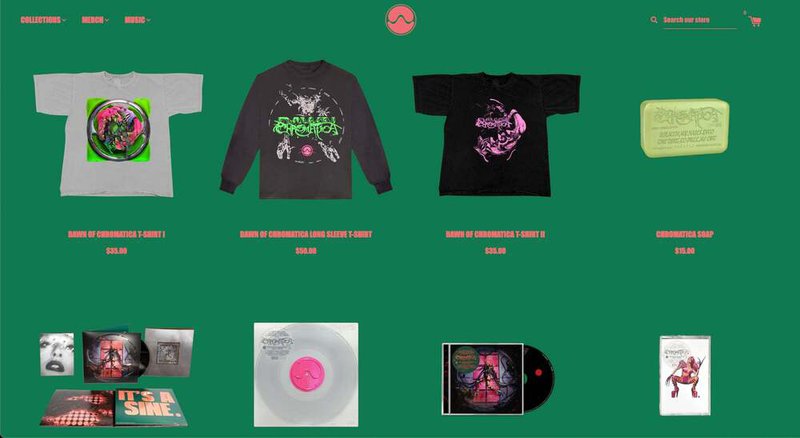
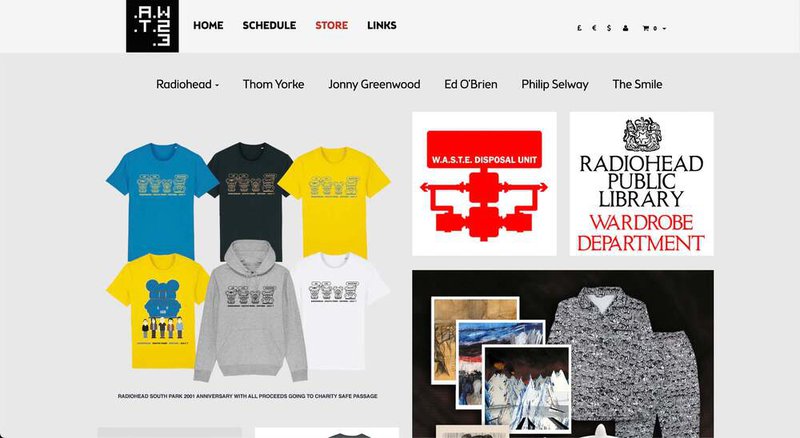
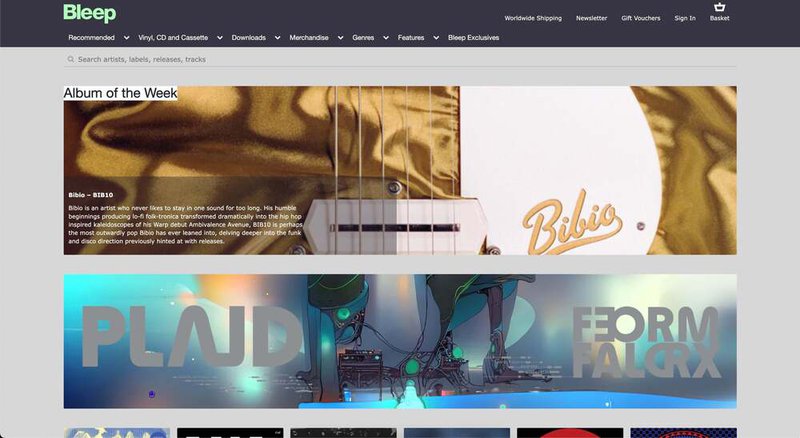

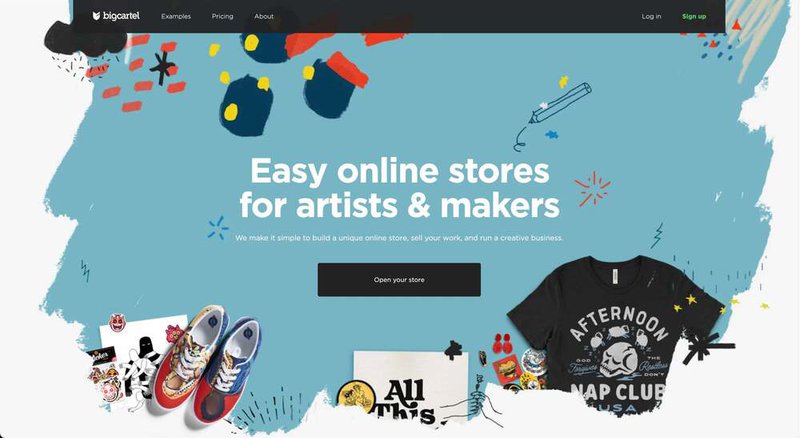

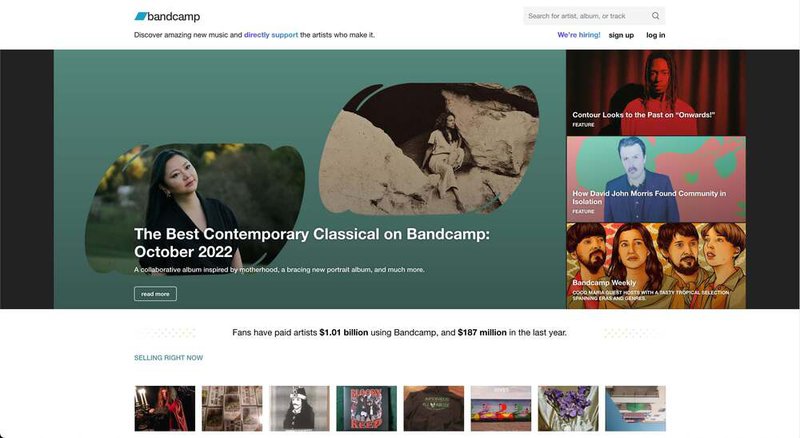
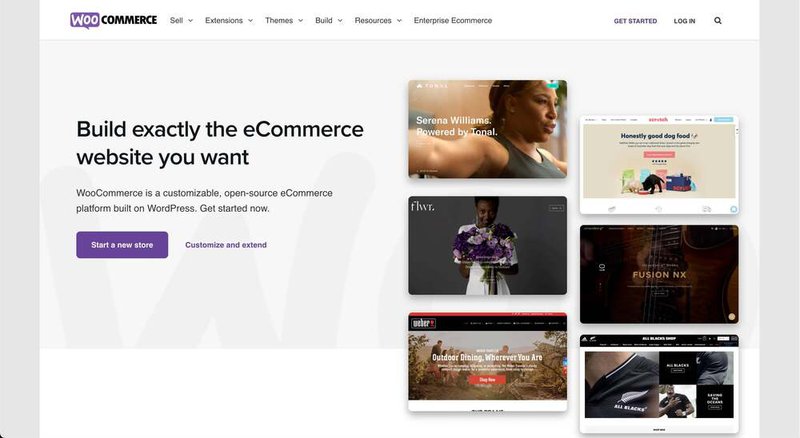
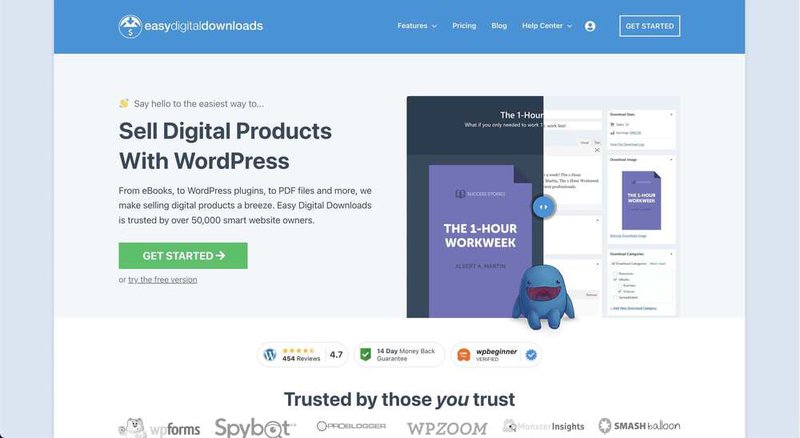



![{year} Beauty Ecommerce Trends & Growth Strategies & Brands to Follow [Examples]](https://entail.mayple.com/en-assets/mayple/fit-in/280x280/61dd64df1ee510cd7bc62e37_amyshamblenxwM61TPMlYkunsplash1_674531c2e05e68084453311b2c988150_2000-1699776104973.jpg)
